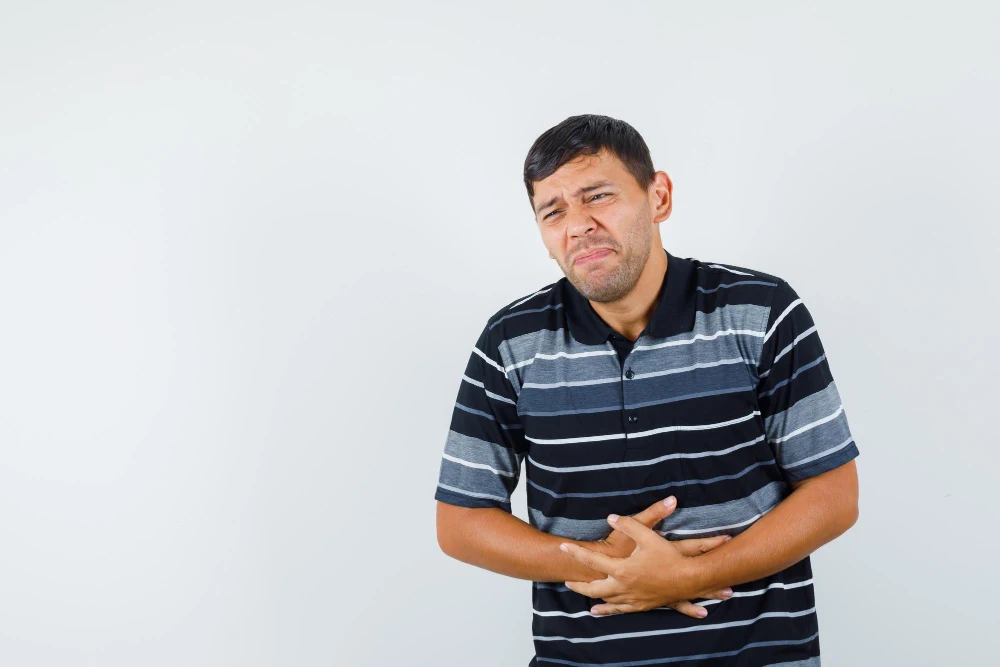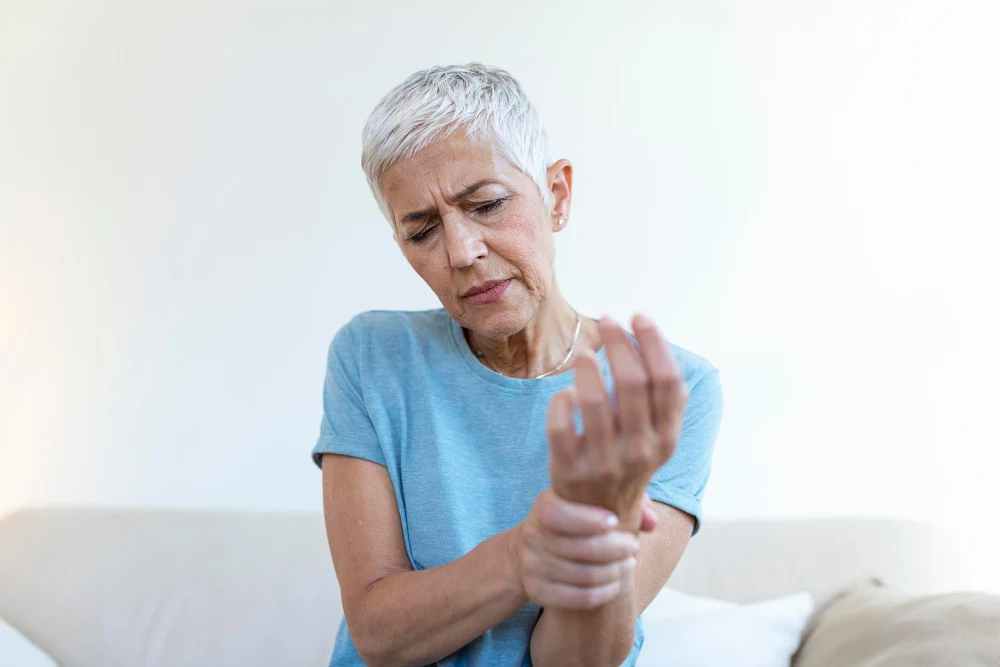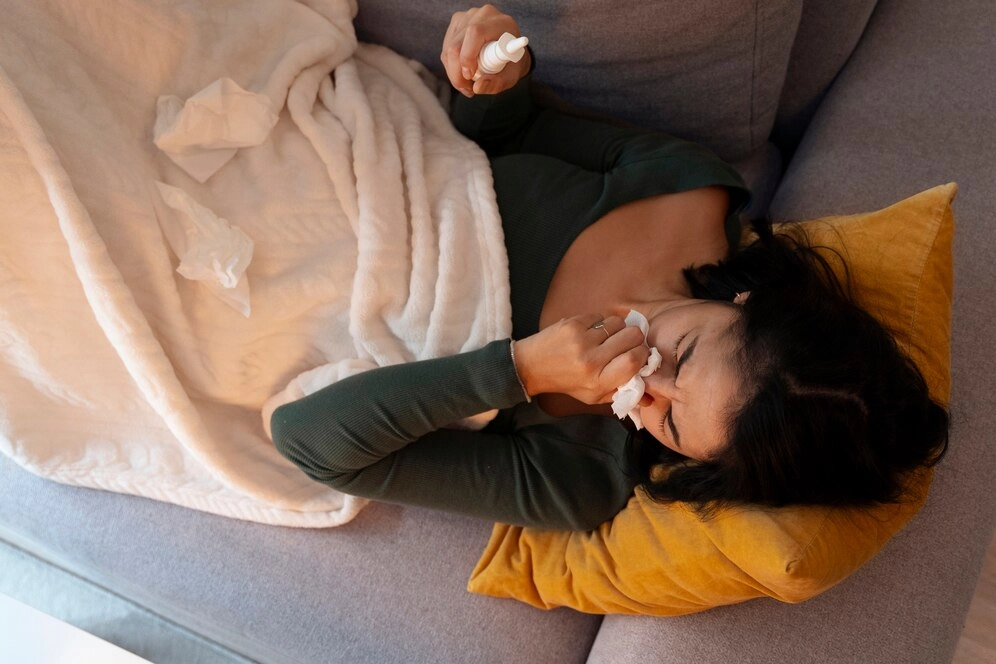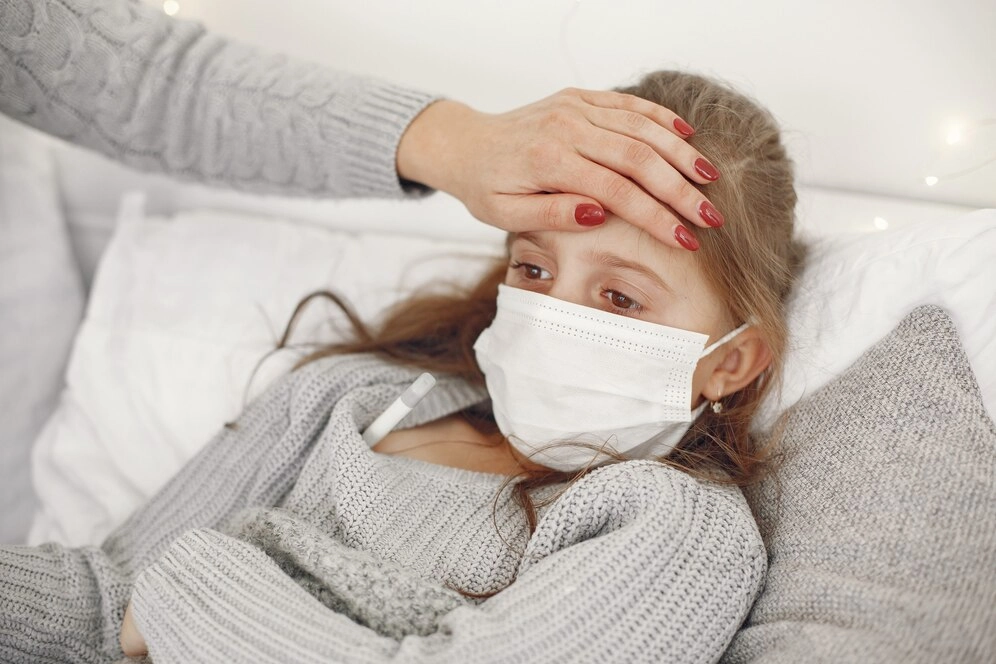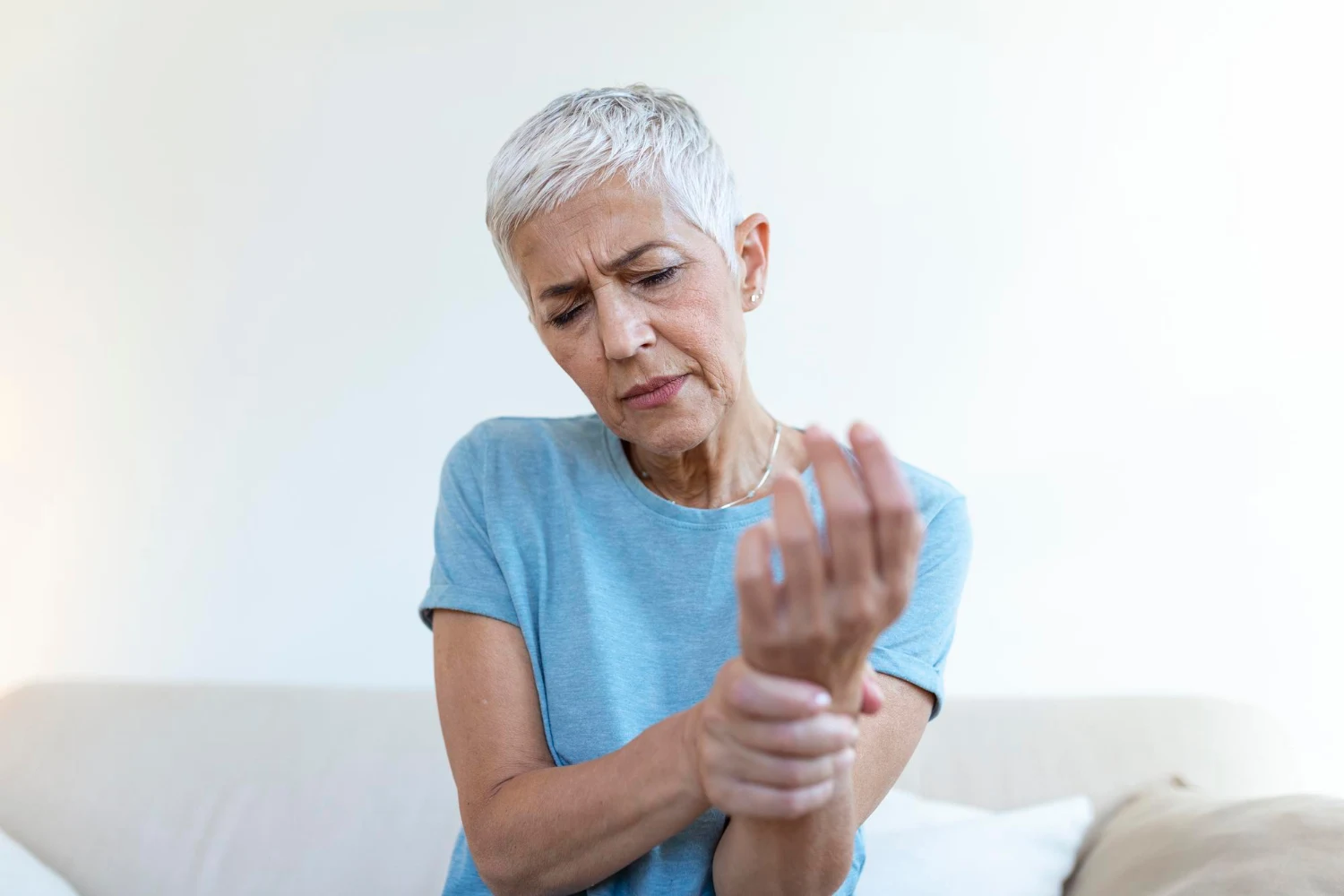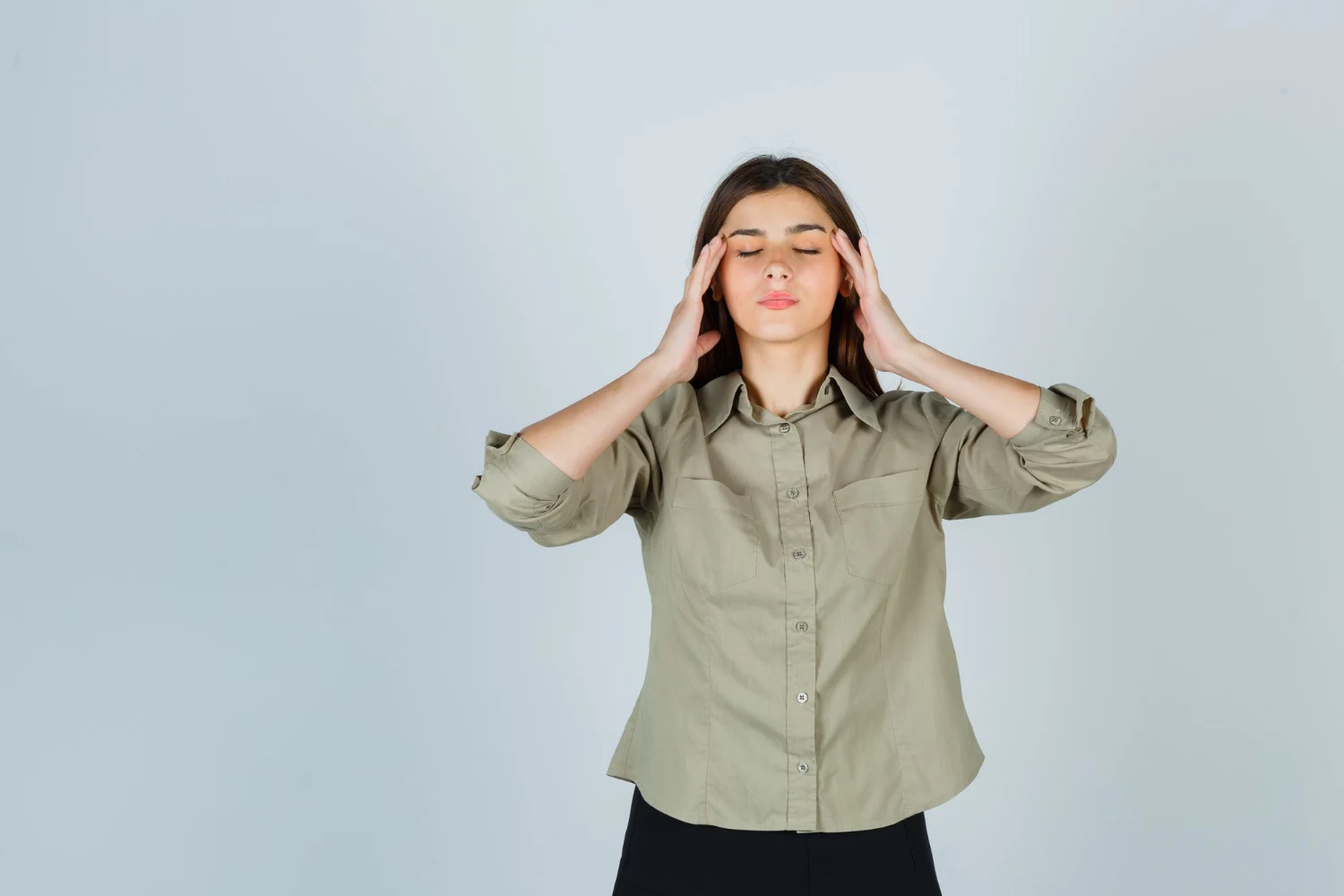What is Bawaseer?
Category: General medicine
Bawaseer, commonly known as piles or hemorrhoids, refers to swollen veins in the lower rectum or anus that cause pain, itching, and bleeding during bowel movements. This condition can result from increased pressure in the anal veins due to chronic constipation, prolonged sitting, pregnancy, or obesity. Bawaseer can be internal (inside the rectum) or external (around the anus), and while often mild, severe cases may require medical intervention.
At Lokmanya Hospital, patients receive advanced piles and hemorrhoids treatment in Pune using a combination of modern techniques and patient-focused care. The hospital’s expert gastroenterologists and colorectal specialists offer precise diagnosis, non-surgical procedures, and laser treatments to relieve discomfort and prevent recurrence. With state-of-the-art infrastructure and a compassionate approach, Lokmanya Hospital ensures lasting relief and improved quality of life for patients suffering from bawaseer.
Types of Bawaseer (Piles)
- Internal Piles: Develop inside the rectum and are usually painless but may cause bleeding during bowel movements.
- External Piles: Form around the anus and can be painful, itchy, and may lead to swelling or blood clots (thrombosed piles).
- Prolapsed Piles: Internal hemorrhoids that protrude outside the anus, causing discomfort and irritation.
- Thrombosed Piles: Occur when a blood clot forms within an external hemorrhoid, leading to intense pain and inflammation.
Causes of Bawaseer (Piles)
Understanding what triggers bawaseer is key to preventing and managing the condition effectively. Several lifestyle, dietary, and hereditary factors can increase the risk of developing piles.
- Chronic constipation or straining during bowel movements: Constant straining increases pressure on the veins around the rectum, causing them to swell and form hemorrhoids.
- Sitting for long hours, especially on hard surfaces: Prolonged sitting restricts blood flow in the rectal area, leading to vein enlargement and discomfort.
- Low-fiber diet: A diet lacking fiber causes hard stools and irregular bowel movements, making straining more likely and increasing the risk of piles.
- Obesity and sedentary lifestyle: Excess body weight and lack of physical activity add pressure to the pelvic veins, contributing to the development of hemorrhoids.
- Pregnancy-related pressure: Increased abdominal pressure during pregnancy can weaken blood vessels in the rectum, often leading to temporary piles in women.
- Family history of hemorrhoids: Genetics can play a role, as weak vein walls or poor circulation may run in families, predisposing some individuals to piles.
Common Symptoms of Bawaseer (Piles)
Recognizing the symptoms early helps in seeking timely medical care and preventing complications. Bawaseer can cause discomfort, pain, and bleeding, which vary based on the severity and type of hemorrhoids.
- Bleeding during or after bowel movements: Bright red blood in stool or on tissue paper is a common sign of piles and indicates inflamed veins.
- Pain, itching, or irritation around the anus: Swollen tissues cause discomfort, making sitting or walking painful in some cases.
- Swelling or lumps near the anal area: External hemorrhoids may appear as small, tender lumps or bulges around the anus.
- Mucus discharge after passing stool: Inflamed piles can secrete mucus, leading to irritation or a feeling of dampness.
- Feeling of incomplete bowel emptying: Internal hemorrhoids may cause a sensation of pressure, even after passing stool.
If these symptoms persist, consulting a specialist at Lokmanya Hospital helps ensure accurate diagnosis and timely treatment.
Diagnosis and Treatment of Bawaseer
Proper diagnosis is essential to identify the type and stage of bawaseer (piles). It enables doctors to understand the underlying cause of symptoms and plan the most effective and personalized treatment for lasting relief.
Diagnosis
Doctors at Lokmanya Hospital perform a detailed clinical evaluation, including a digital rectal exam or anoscopy, to assess the severity and type of hemorrhoids. In chronic or complicated cases, additional imaging tests may be recommended.
Treatment Options
- Lifestyle and Dietary Modifications: Increasing fiber intake, drinking adequate water, and avoiding straining during bowel movements can prevent and relieve symptoms.
- Medications: Topical ointments, creams, and pain relievers help reduce inflammation and discomfort.
- Minimally Invasive Procedures: Rubber band ligation, infrared coagulation, or sclerotherapy are effective for moderate cases.
- Laser Surgery: Advanced laser treatments available at Lokmanya Hospital offer faster recovery, minimal pain, and reduced recurrence rates.
Why Choose Lokmanya Hospital for Bawaseer Treatment
At Lokmanya Hospital, patients receive comprehensive care for bawaseer treatment in Pune, guided by some of the best gastroenterologists and colorectal surgeons. The hospital’s focus on precision diagnosis, modern non-surgical techniques, and patient comfort ensures quick and effective recovery.
With personalized treatment plans, hygienic facilities, and post-treatment guidance, Lokmanya Hospital stands out as a trusted destination for hemorrhoid care. From early diagnosis to complete recovery, the hospital’s specialists combine medical expertise with compassion to restore patients’ comfort and confidence.
Conclusion
Bawaseer, though common, can significantly impact daily life if not treated promptly. Recognizing symptoms early and seeking medical help can prevent complications and promote faster recovery.
At Lokmanya Hospital, advanced technology and expert care come together to provide effective and lasting relief from hemorrhoids. Whether through medication, non-surgical methods, or laser procedures, the hospital ensures every patient experiences safe, reliable, and holistic treatment.
Frequently Asked Questions (FAQs)
1. What is Bawaseer?
Bawaseer, or piles, are swollen veins in the rectal area that can cause pain, itching, and bleeding during bowel movements.
2. What causes Bawaseer?
It is commonly caused by constipation, prolonged sitting, low-fiber diets, obesity, or pregnancy-related pressure.
3. Can Bawaseer go away on its own?
Mild cases may heal with diet and lifestyle changes, but persistent or painful hemorrhoids require medical attention.
4. What foods should I eat if I have Bawaseer?
A high-fiber diet including fruits, vegetables, and whole grains can ease bowel movements and prevent irritation.
5. Is laser treatment safe for piles?
Yes, laser treatment is a minimally invasive and effective option that ensures faster healing and less discomfort.
6. When should I see a doctor for Bawaseer?
If you experience bleeding, pain, or lumps near the anus that persist for more than a week, consult a specialist.
7. Can Bawaseer return after treatment?
Yes, recurrence is possible, but maintaining a healthy diet and lifestyle significantly reduces the risk.
8. Which hospital is best for Bawaseer treatment in Pune?
Lokmanya Hospital is among the best hospitals for Bawaseer treatment in Pune, offering advanced care from skilled gastroenterologists.
Previous blog


